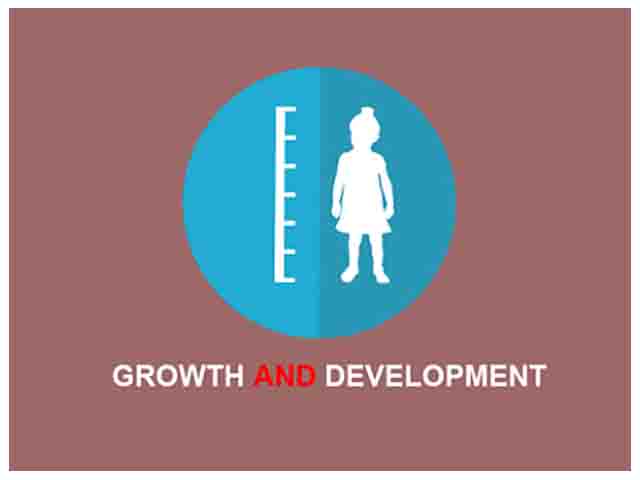Branches of Psychology
Before the study of Educational Psychology, Let’s try to understand the Branches of Psychology.
From the foregoing discussion “Importance of Psychology in Education,” it is inferred that psychology deals with the behavior of the individual in various situations. Psychologists have tried to study behavior taking place in different conditions.
So it has resulted in substantial progress in the fields of psychology. Today we don’t study psychology as a general branch of study, rather there are a good number of separate branches of study (Branches of Psychology). Such diversified fields have resulted from the complex and dynamic nature of human behavior.
Broader Branches of Psychology
General Psychology
Animal or Comparative
Physiological Psychology
Child Psychology
Abnormal Psychology
Social Psychology
Genetic Psychology
Differential Psychology
Let’s understand all those branches in brief.
1. General Psychology
This field deals with the principles of all aspects of psychology in general without any particular emphasis on any particular aspect. It describes characteristics of human behavior with reference to various aspects such as perception, functions of the nervous system and glands, feelings and emotions, intelligence and its measurement, attention, the learning process, relative role of heredity and environment, social determinants of behavior like home, family, school and community, memory and imagination and many others.
2. Animal or Comparative
psychology deals with the behavior of animals starting from the lower forms like rats and cats to higher forms such as monkeys and human beings. It is so because animals resemble a man in many ways. Man and animals have some common needs for food, shelter, and rest. A man also sometimes behaves like an animal, but man is a rational animal. So the study of each such animal will throw some light in understanding human behavior. Sometimes the study of animals is preferable to the study of man because animals can be subjected to some experiments to which man, cannot be.
3. Physiological Psychology
This branch of psychology studies the physiological activities of human beings. Such bodily activities occur in various parts of the body. These parts are called organs. Physiology studies the structure and functions of these organs in relation to each other and also in relation to the function of the organism as a whole. The structure and function of sense organs, nervous system, muscles, and glands are described in detail. Human behavior is strongly influenced by such biological determinants.
4. Child Psychology
As the name suggests this branch deals with the development of a child’s behavior. It tells us about the physical, mental, emotional, and social development of a child. It describes how a child learns new activities when he interacts with different situations. We study the speech habits and play habits of children.
5. Abnormal Psychology
Generally, people react or behave in the same way under similar conditions. But there are some individuals who behave in a different way from the rest in the same condition. Such individuals are referred to as abnormal beings and require special care and attention. Abnormal psychology studies mental disorders of all types, their causes, and treatment.
6. Social Psychology
When a man is alone, he thinks, feels, and acts in one way. But when he is in the company of other people, he responds in a different way. In social psychology, we study the influence of a group and other social factors that influence the behavior of an individual. We study the influence of society on the formation of habits, ideas, beliefs, attitudes, likes, and dislikes. We also study public forms and their opinions, how war and the revolution started, leadership, etc.
7. Genetic Psychology
It is also called developmental psychology. It studies the behavior as it develops from birth through childhood, adolescence, and maturity to old age. The factors like heredity which influence growth are discussed in detail in this branch. Heredity is a biological process. In this process, parental characteristics are transferred to the offspring. Therefore, to study a child’s behavior, we must know his ancestors.



Comments are closed.